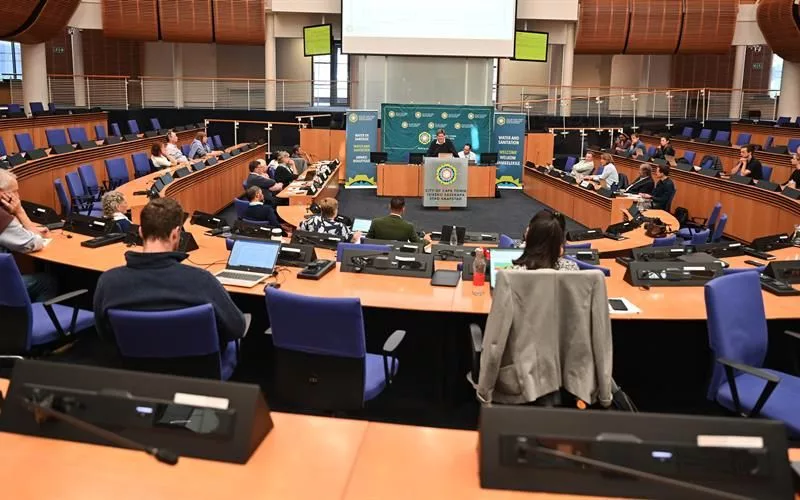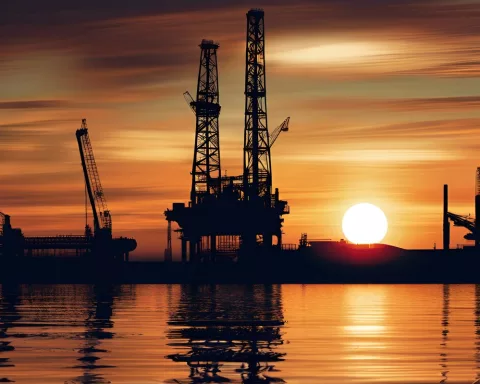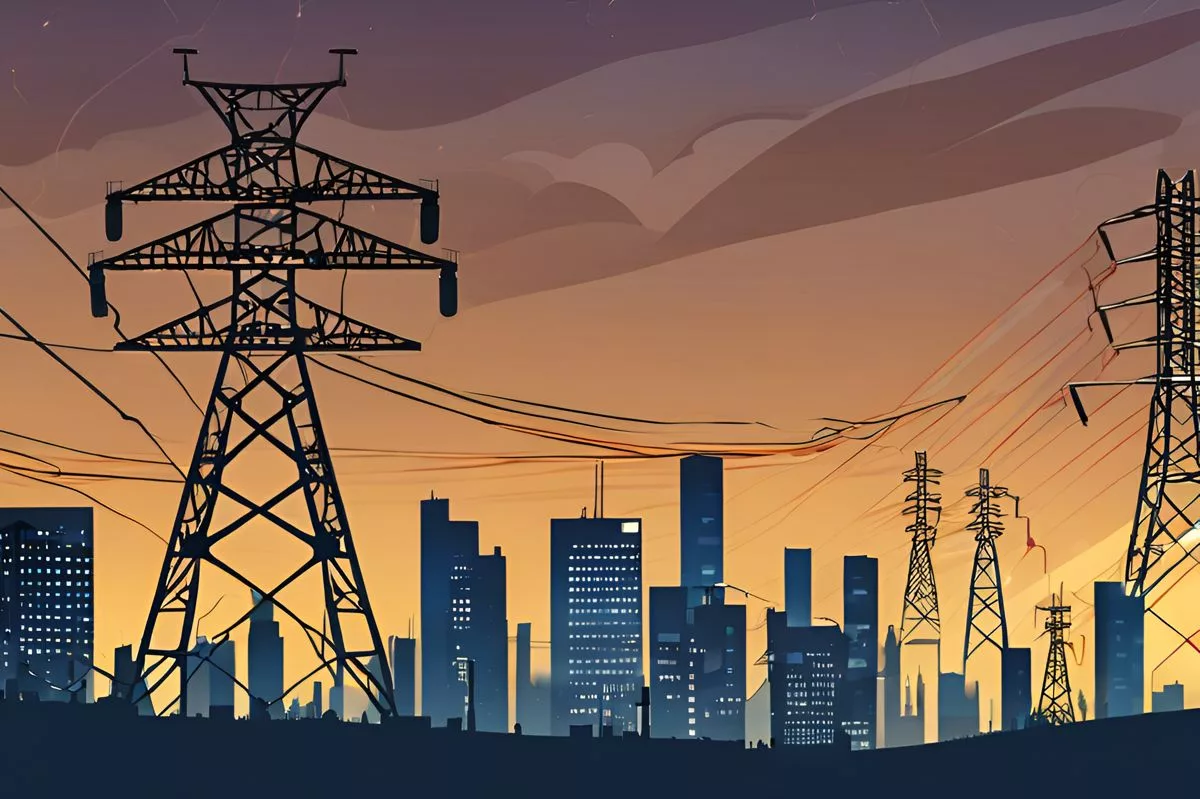The Permit Advisory Forum (PAF) is a new initiative by the City of Cape Town to ensure compliance with marine outfall regulations and promote ecological responsibility. The PAF will manage effluent discharge volume and quality, pipeline maintenance, and environmental monitoring. The forum also explored innovative alternatives for waste management, including short-term refurbishments and long-term wastewater treatment plant constructions. This pioneering effort aims to usher in a new era of sustainable and eco-aware ethos towards environmental stewardship.
What is the Permit Advisory Forum (PAF) and what does it entail?
The Permit Advisory Forum (PAF) is a pioneering initiative established by the City of Cape Town to ensure consistent compliance with marine outfall regulations. It encompasses managing the volume and quality of effluent discharge, environmental monitoring, pipeline maintenance, and identifying innovative alternatives to waste management. The PAF aims to usher in a new era of sustainable and eco-aware ethos towards ecological responsibility.
The Pioneering Permit Advisory Forum (PAF)
Embarking on a journey towards environmental sustainability, the City has initiated an unprecedented venture – the institution of the Permit Advisory Forum (PAF) concerning marine outfalls. This pioneering move was inaugurated on April 25, 2024, marking a significant shift in our orientation towards marine and environmental preservation. Councillor Alex Lansdowne, the distinguished chairperson of the Section 80 Advisory Committee, adeptly orchestrated this initial meeting, thereby paving the way for a comprehensive re-evaluation of the discharge permit stipulations for marine outfalls located at Camps Bay, Hout Bay, and Green Point.
The City’s existing Section 80 Advisory Committee was entrusted with the mantle of the PAF, following an agreement with the Department of Forestry, Fisheries, and Environmental Affairs (DFFE). This strategic alignment aims to ensure consistent compliance with marine outfall regulations. The Terms of Reference were modified to reflect these alterations, a change ratified by the Council and sanctioned by the DFFE on the very same day.
An Integrated Approach to Marine Outfalls
The PAF’s approach is integrated and multifaceted, spanning numerous critical areas. Key responsibilities encompass managing the volume of effluent discharge, verifying the quality of effluent within the prescribed limits, and managing an all-inclusive environmental monitoring scheme. Moreover, the PAF will undertake sample analysis and monitoring, sustain the robustness and state of the pipelines, and formulate procedures for identifying and documenting any anomalies and malfunctions.
As discussions evolved during the meeting, a series of presentations shed light on alternatives to the current marine outfall systems. Exploring an array of choices, the presentations detailed the duration of each alternative, ranging from short-term to long-term, along with their respective costs, advantages, and obstacles.
Current and Future Outfall Alternatives
The short-term proposition involved refurbishing the existing marine outfall infrastructure, including the pump stations. This immediate solution, projected at an estimated cost of R140 million, provides a viable and prompt remedy.
The medium-term solutions included a couple of primary possibilities. The first one entailed expanding the marine outfall areas while being mindful of environmentally protected zones. For instance, the Camps Bay outfall, currently positioned 1.3km offshore, could extend an impressive 11.6km further into the sea. The alternative medium-term suggestion involved the construction of the preliminary phase of new wastewater treatment facilities close to the existing marine outfalls.
Long-term prospects were equally ambitious and futuristic. Proposals ranged from constructing pump stations and pipelines to redirect wastewater to existing treatment facilities, along with expanding these facilities. Another possibility involved the development of the second phase of new wastewater treatment plants in the vicinity of the current outfalls. The final suggestion was the phased construction of an advanced wastewater treatment plant close to existing outfalls, which would encompass primary, secondary, and tertiary treatment processes.
A New Era of Environmental Stewardship
Reflecting upon the details of this groundbreaking meeting, it is evident that we are on the precipice of a transformative phase in environmental guardianship. The constitution of the PAF on marine outfalls not only signifies a commitment to ensuring compliance but also a dedication to investigating innovative and responsible alternatives for waste management. This pioneering initiative forecasts a future where our marine habitats are valued and safeguarded, ushering in an era of sustainable and eco-aware ethos.
What is the purpose of the Permit Advisory Forum (PAF)?
The purpose of the Permit Advisory Forum (PAF) is to ensure consistent compliance with marine outfall regulations, manage effluent discharge volume and quality, pipeline maintenance, and environmental monitoring, as well as identify innovative alternatives to waste management.
What areas will the PAF be managing?
The PAF will be managing marine outfalls located at Camps Bay, Hout Bay, and Green Point.
What are the short-term, medium-term, and long-term alternatives for waste management that were discussed during the meeting?
The short-term solution involves refurbishing the existing marine outfall infrastructure, while the medium-term solutions include expanding the marine outfall areas or constructing the preliminary phase of new wastewater treatment facilities close to the existing marine outfalls. Long-term solutions include constructing pump stations and pipelines, expanding treatment facilities, or constructing an advanced wastewater treatment plant close to existing outfalls.
What is the estimated cost of the immediate solution proposed by the PAF?
The immediate solution proposed by the PAF involves refurbishing the existing marine outfall infrastructure, and it is projected to cost an estimated R140 million.
Who is responsible for ensuring compliance with marine outfall regulations?
The City of Cape Town is responsible for ensuring compliance with marine outfall regulations.
What is the ultimate goal of the PAF?
The ultimate goal of the PAF is to usher in a new era of sustainable and eco-aware ethos towards ecological responsibility and environmental stewardship.












